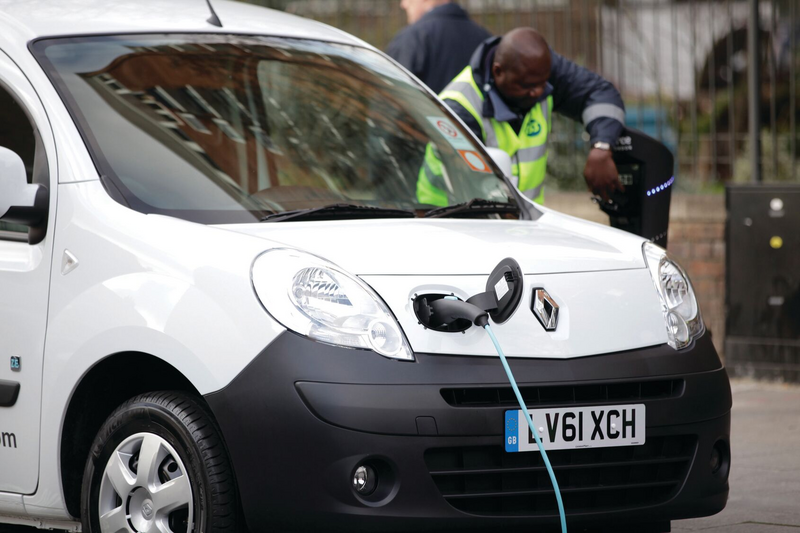UK BLOG - TWO MINUTE READ
The future of mobility: the rise of electric transportation

How ambitious can the future of mobility be?
Our ISS Sustainability teams has hosted a number of TED Circles events to bring people together virtually to watch TED Talks on a range of important sustainability issues. We then take the conversations further with an engaged audience.
Elon Musk's vision for sustainable travel
What part can we play in the future of mobility?
Electric Vehicles, climate change and the wider economy
Businesses making green transitionwithin their fleet

City versus country
Everyone agreed that moving to EV in cities might not present the best solution and that focus on better public transport and cycling would be most appropriate.
There has been research to explore the “15 minutes city” – according to a report by the BBC (reference 1). The concept looks at re-designing urban spaces to make everything accessible within a 15-minute walk or cycle. These projects raise questions: Do we need to improve mobility in cities or do we need to improve urban planning so we do not rely as much on transport?
What about the countryside? We agreed that infrastructure would be best to allow people who live outside cities to reach hubs where they could park their cars - thus accessing cities in a more environmentally friendly way.
In this case we thought the best way forward would be the provision of EVs for people who need vehicles; but there should be more incentives for people to use other modes of transportation where possible.
What do we do at ISS?
Global events such as World Environment Day provide the ideal route for ISS to raise awareness for individuals and share best practice with stakeholders.
At ISS, we can reach many people and organisations. ISS worldwide employs over 300,000 people, operates in 30 countries with over 59,000 customers in the public and private sector. Using our knowledge to educate our people and our clients is a key action for ISS. By reviewing the way we approach mobility within our operations we have the opportunity to have an important and positive impact.
For organisations, our passion is to support and steer our clients, suppliers and stakeholders in the drive to setting suitable Net-Zero Targets (reference 2) and aligning to science based methodology, like Science Based Targets Initiatives (reference 3). We recently announced our own Net-Zero commitments too (reference 4).